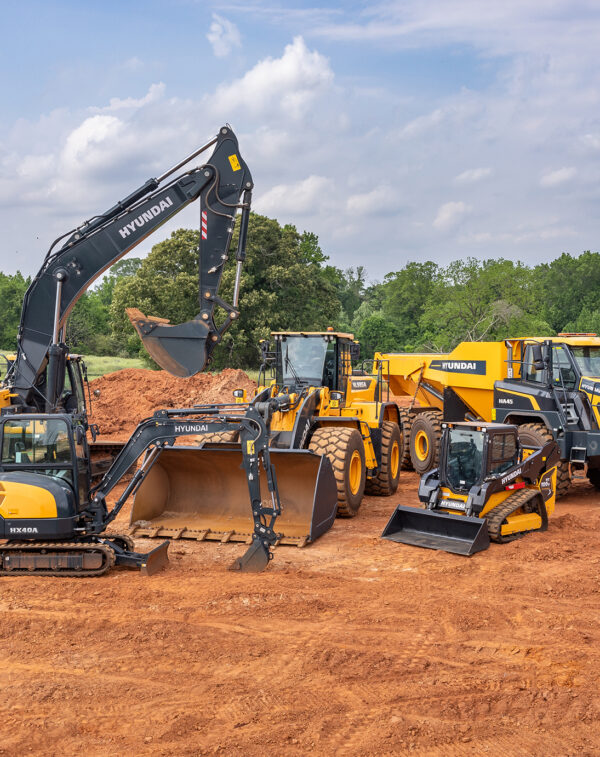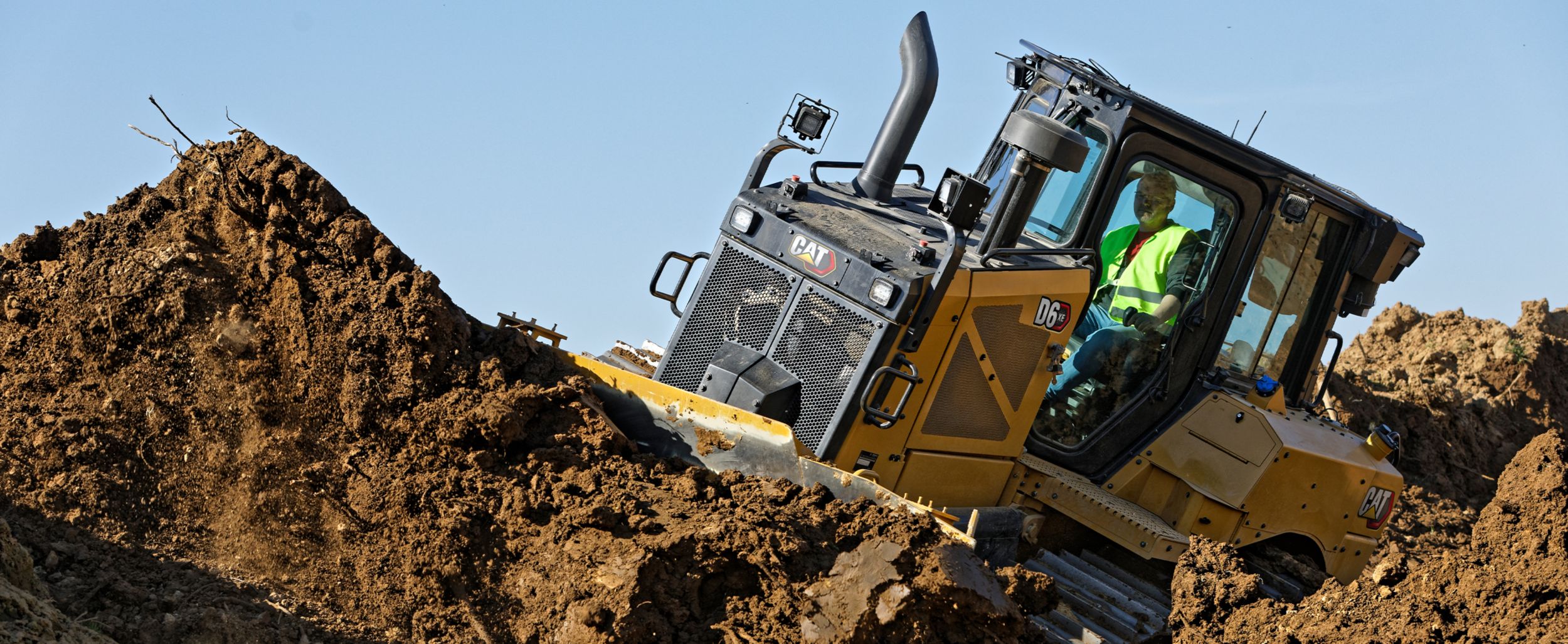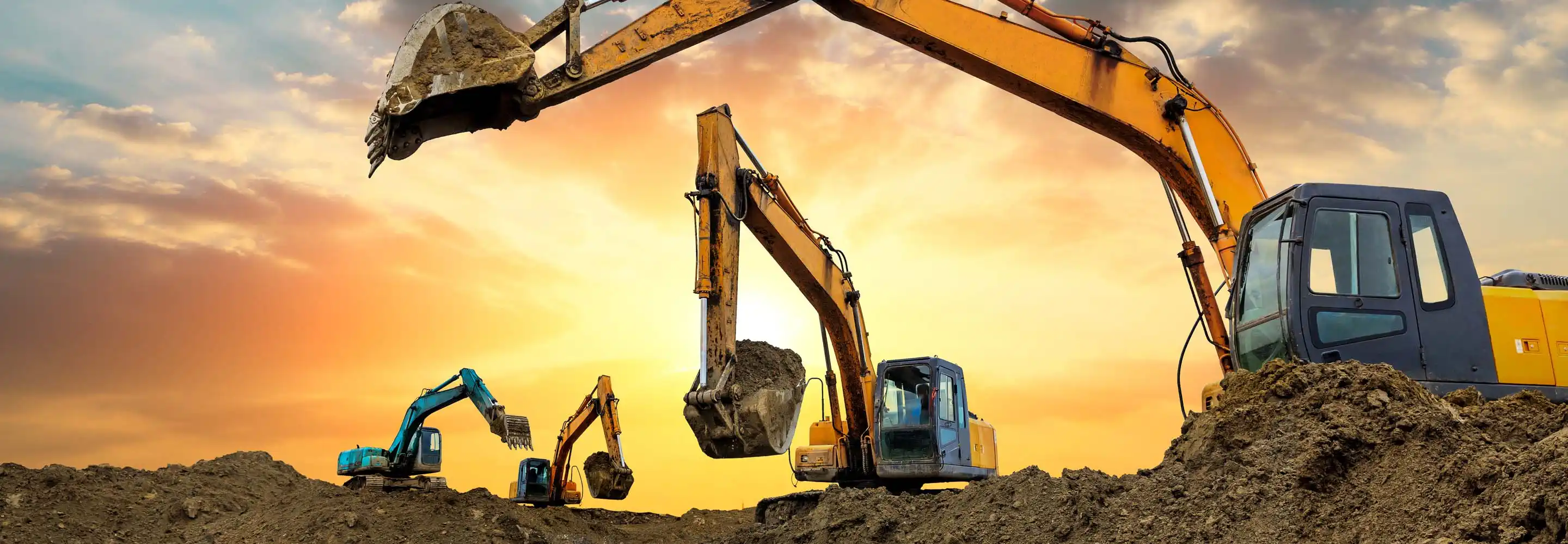Forklift Rental in Tuscaloosa AL: Versatile Training Solutions for Your Requirements
Forklift Rental in Tuscaloosa AL: Versatile Training Solutions for Your Requirements
Blog Article
Checking Out the Financial Benefits of Renting Building Tools Compared to Owning It Long-Term
The decision in between possessing and renting out construction equipment is critical for financial monitoring in the industry. Renting deals instant cost financial savings and functional adaptability, enabling business to designate resources extra efficiently. In comparison, possession features significant long-term economic dedications, including upkeep and devaluation. As service providers evaluate these alternatives, the influence on capital, project timelines, and modern technology accessibility ends up being progressively significant. Recognizing these subtleties is crucial, specifically when taking into consideration just how they align with particular project requirements and financial approaches. What factors should be prioritized to make certain optimal decision-making in this complex landscape?

Expense Comparison: Renting Out Vs. Having
When assessing the economic effects of owning versus leasing building and construction tools, an extensive expense comparison is necessary for making informed choices. The option in between renting and possessing can dramatically influence a business's lower line, and understanding the linked costs is crucial.
Renting out building and construction equipment usually entails reduced in advance costs, allowing companies to assign resources to other functional needs. Rental costs can build up over time, possibly exceeding the expenditure of possession if tools is needed for an extensive duration.
On the other hand, possessing building tools calls for a substantial first financial investment, in addition to continuous costs such as insurance, devaluation, and financing. While possession can cause long-lasting financial savings, it likewise binds resources and may not supply the exact same degree of versatility as leasing. Additionally, owning tools requires a commitment to its application, which may not constantly align with job demands.
Inevitably, the choice to possess or rent should be based upon a comprehensive evaluation of specific job requirements, economic ability, and long-term critical objectives.

Maintenance Responsibilities and expenditures
The selection between owning and leasing construction devices not only includes economic considerations but also incorporates ongoing upkeep expenses and responsibilities. Having devices needs a considerable dedication to its upkeep, which consists of routine inspections, repairs, and possible upgrades. These responsibilities can rapidly build up, leading to unforeseen expenses that can strain a budget plan.
In comparison, when leasing devices, maintenance is normally the duty of the rental firm. This arrangement permits specialists to stay clear of the economic problem associated with wear and tear, in addition to the logistical challenges of scheduling repair services. Rental contracts often consist of stipulations for maintenance, indicating that contractors can concentrate on completing jobs as opposed to stressing over tools condition.
In addition, the diverse range of tools offered for rent allows business to choose the most up to date designs with advanced modern technology, which can enhance performance and efficiency - scissor lift rental in Tuscaloosa Al. By choosing rentals, organizations can avoid the lasting obligation of devices depreciation and the associated upkeep frustrations. Inevitably, reviewing upkeep expenditures and obligations is crucial for making an informed decision concerning whether to rent out or possess building and construction tools, considerably impacting overall job costs and operational efficiency

Devaluation Effect On Ownership

A significant element to take into consideration in the decision to own building and construction equipment is the impact of depreciation on general possession expenses. Devaluation stands for the decrease in value of the equipment over time, influenced by elements such as usage, damage, and innovations in innovation. As equipment ages, its market price reduces, which can considerably influence the owner's financial placement when it comes time to sell or trade the devices.
For building and construction companies, this devaluation can equate to significant losses if the equipment is not made use of to its max possibility or if it lapses. Owners need to make up depreciation in their economic estimates, which can bring about greater total prices contrasted to leasing. Additionally, the tax implications of depreciation can be complicated; while it may offer some tax advantages, these are usually balanced out by the reality of minimized resale value.
Eventually, the concern of devaluation stresses the value of recognizing the lasting financial dedication included in possessing building and construction tools. Firms must thoroughly examine exactly how often they will use the devices and the prospective financial impact of devaluation to make an informed choice regarding possession versus renting.
Monetary Flexibility of Renting Out
Leasing construction tools offers significant monetary flexibility, permitting firms to allocate sources a lot more successfully. This flexibility is specifically vital in an industry characterized by rising and fall task needs and varying workloads. By deciding to lease, companies can avoid the considerable capital outlay needed for acquiring tools, maintaining cash circulation for other operational needs.
Additionally, renting equipment enables business to tailor their equipment choices to certain project demands without the lasting commitment connected with ownership. This implies that businesses can conveniently scale their tools stock up or down based go to my site upon present and awaited task needs. Consequently, this flexibility minimizes the risk of over-investment in equipment that might end up being underutilized or outdated over time.
Another monetary benefit of renting is the possibility for tax benefits. Rental repayments are commonly considered operating expenses, permitting prompt tax reductions, unlike devaluation on owned equipment, which is spread out over a number of years. scissor lift rental in Tuscaloosa Al. This instant cost recognition can better boost a business's cash placement
Long-Term Job Factors To Consider
When evaluating the lasting requirements of a building business, the decision in between owning and renting out equipment comes to be much more intricate. Secret factors to take into consideration consist of task duration, frequency of use, and the nature of upcoming jobs. For tasks with extensive timelines, acquiring devices may seem beneficial because of the possibility for lower general prices. Nevertheless, if the equipment will certainly not be made use of regularly throughout projects, owning may lead to underutilization and unnecessary expense on insurance, upkeep, and storage space.
Additionally, technological improvements posture a substantial factor to consider. The building sector is progressing swiftly, with brand-new devices offering boosted performance and safety and security attributes. Renting enables companies to access the most recent technology without committing to the high upfront expenses linked with buying. This flexibility is specifically helpful for companies that helpful resources handle varied tasks requiring different sorts of equipment.
In addition, economic stability plays a critical function. Owning devices usually involves substantial capital financial investment and devaluation worries, while renting permits even more predictable budgeting and capital. Ultimately, the option in between possessing and leasing must be aligned with the strategic goals of the construction business, thinking about both awaited and present project needs.
Final Thought
In final thought, renting out building and construction devices provides significant monetary benefits over long-lasting possession. Ultimately, the choice to lease instead than very own aligns with the dynamic nature of building and construction projects, permitting for versatility and accessibility to the most current equipment without the economic worries associated with possession.
As tools ages, its market value diminishes, which can dramatically affect the proprietor's economic position when it comes time to trade the devices or offer.
Renting out construction equipment uses significant economic flexibility, allowing business to designate sources extra efficiently.Additionally, renting out tools makes it possible for firms to customize browse around here their tools selections to details task needs without the lasting dedication connected with ownership.In conclusion, renting construction tools provides substantial economic benefits over long-lasting ownership. Ultimately, the decision to rent out rather than own aligns with the vibrant nature of construction projects, permitting for adaptability and access to the most recent equipment without the financial burdens connected with possession.
Report this page